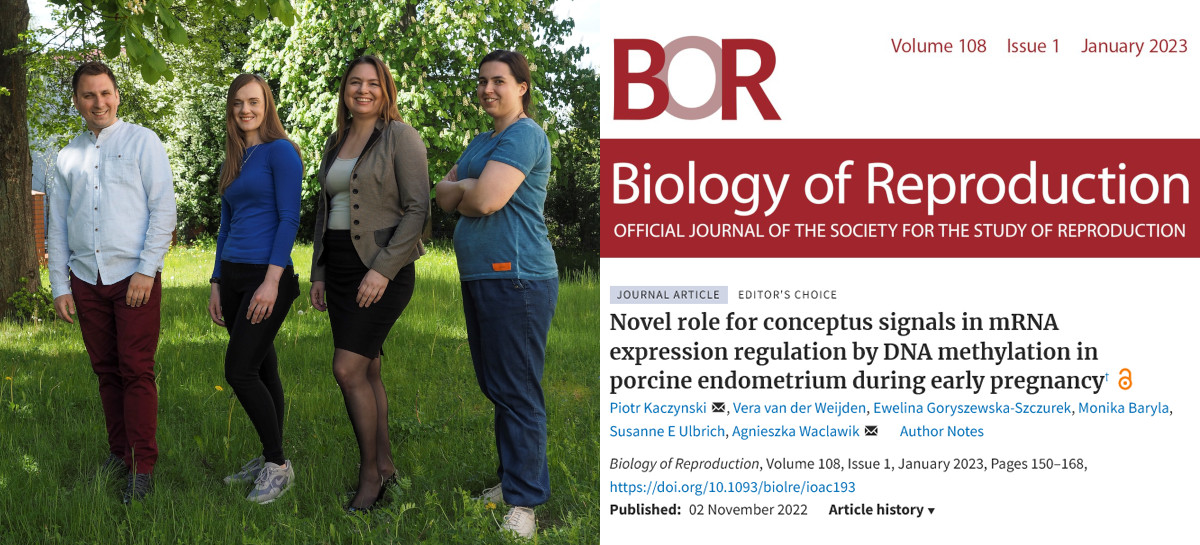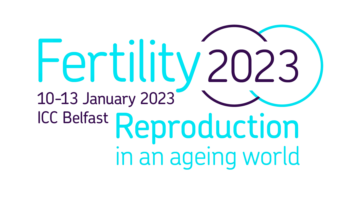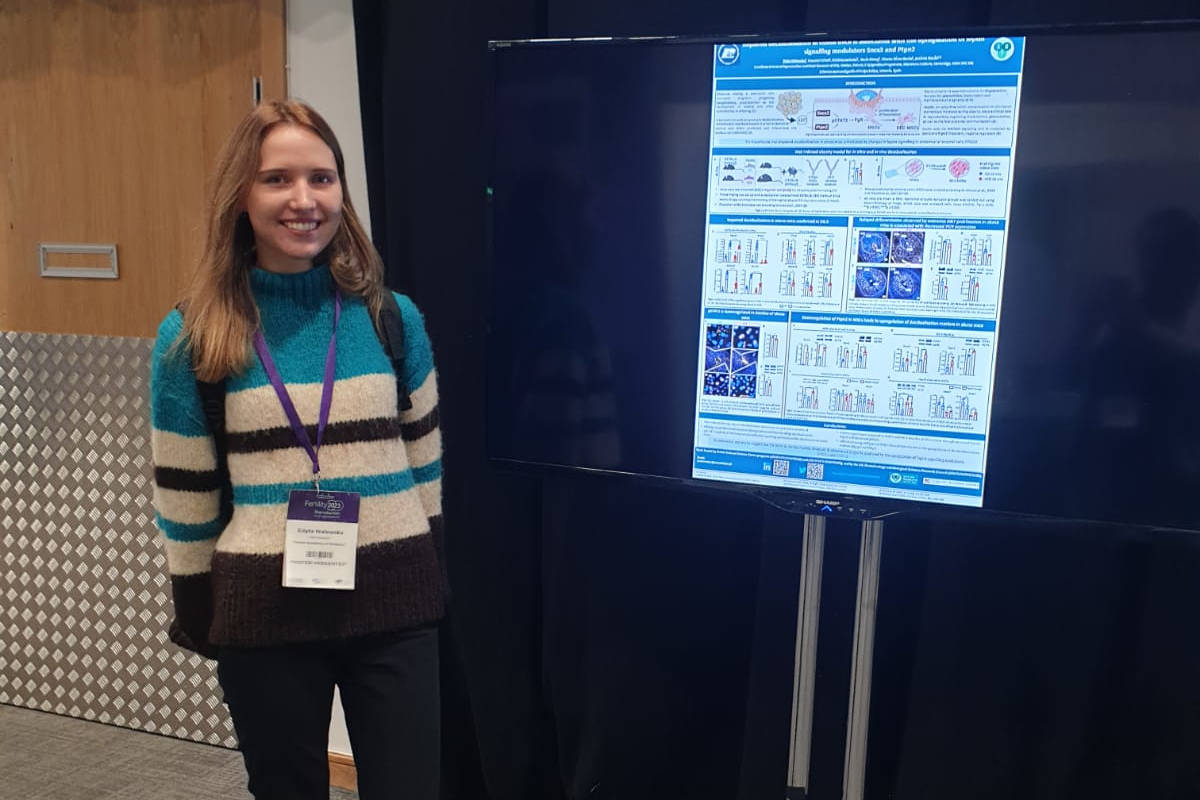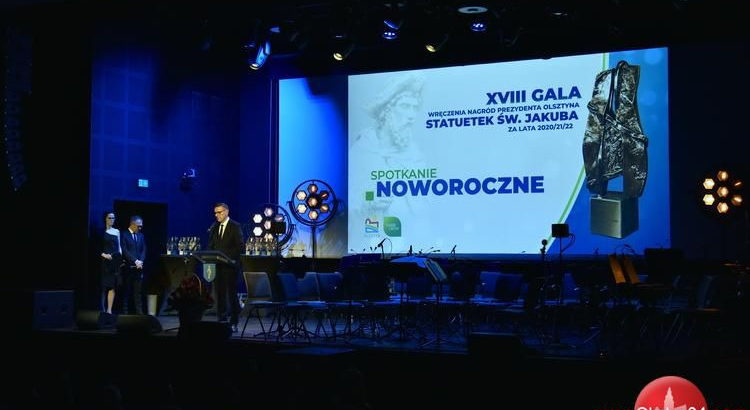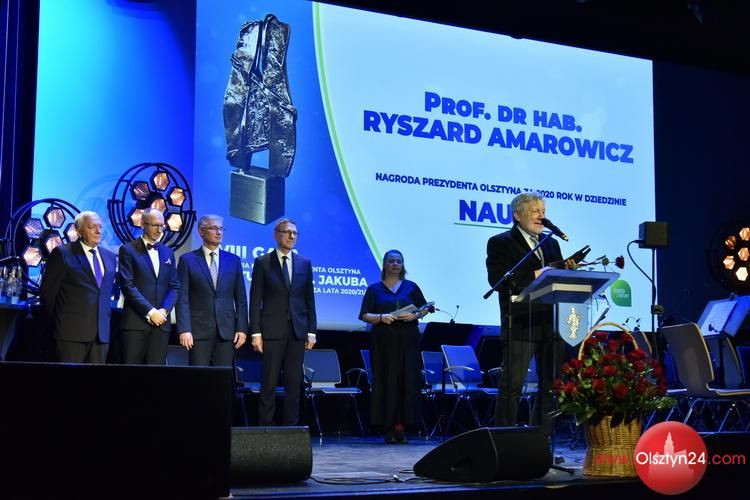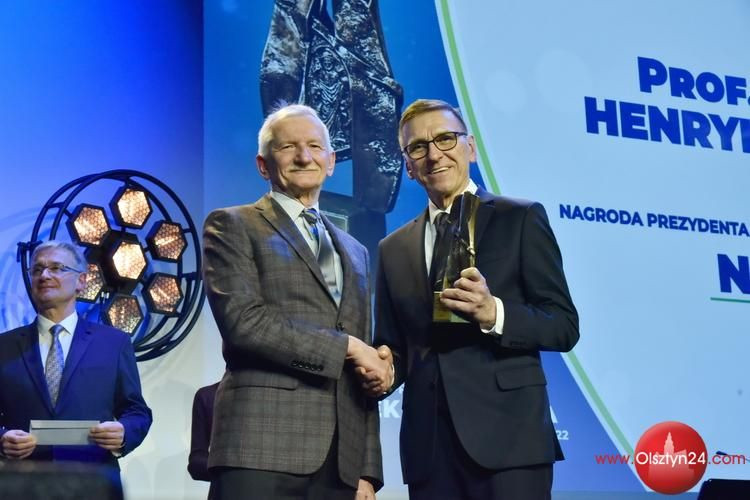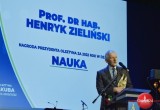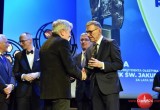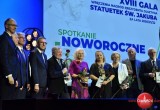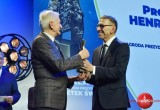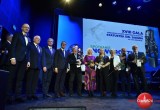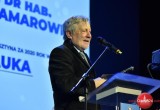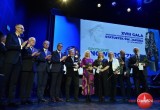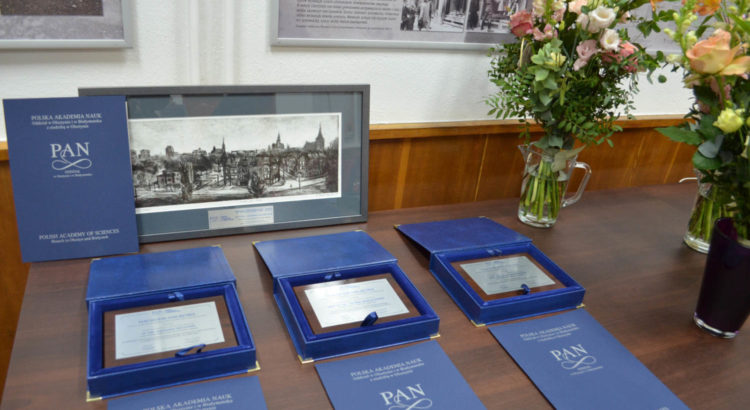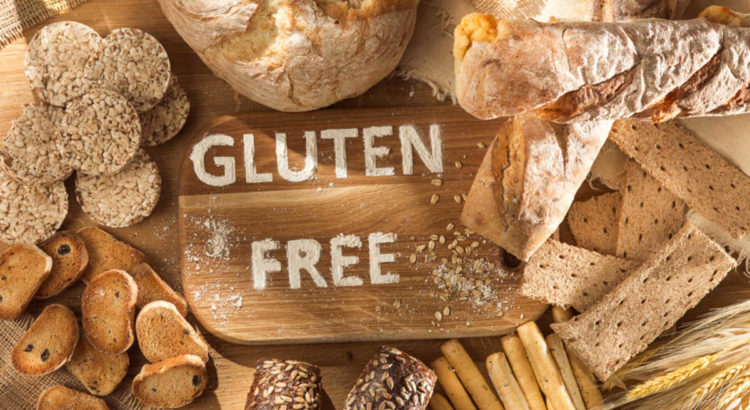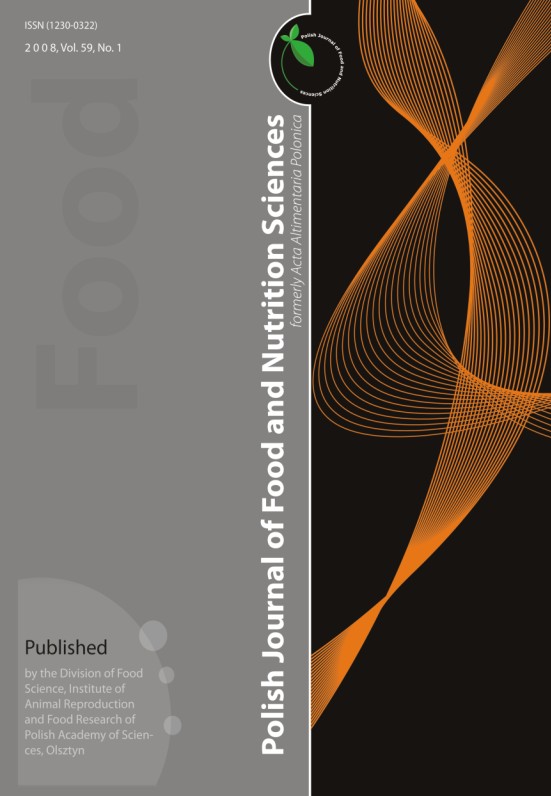Institution name:
Institute of Animal Reproduction and Food Research, Polish Academy of Sciences (IAR&FR PAS)
Name of the position:
Assistant professor – post-doctoral researcher in National Science Centre project OPUS 23 entitled „Soluble scavenger receptor cysteine-rich domain-containing protein – SSc5D, a new player of innate immunity in turkey (Meleagris gallopavo) semen involved in yellow semen syndrome”
Description of the position:
The candidate will participate in the following research tasks:
- isolation and culture of spermiophages from turkey semen,
- immunofluorescence detection of the SSc5D in turkey semen spermiophages,
- investigation of changes in spermiophage population (M1, M2 and SSc5D+) in relation to turkey semen quality,
- analysis of the proteomic signature of activated spermiophages from turkey semen in relation to semen quality.
Conditions of work:
- the elected candidate will receive a monthly brutto salary 8 500 – 9 600 zł per month (net salary around 5 800 – 6 900 zł),
- location of the workplace: Department of Gamete and Embryo Biology, IAR&FR PAS, Bydgoska Str. 7, 10-243 Olsztyn,
- date of beginning of the employment: May-June 2023,
- length of work contract: 42-48 months.
Requirements:
- PhD in biotechnology, biology, veterinary or related discipline; PhD degree obtained in the year of employment in the project or within 7 years before 1 January of the year of employment in the project;
- Knowledge in the field of molecular biology, reproduction and immunology;
- Experience with the following techniques: ELISA, Western blot, qPCR, and immunofluorescence staining of proteins in the cell;
- Experience with primary cell isolation and culture;
- At least one international internship (minimum 1 months in length);
- First authorship of at least 3 scientific papers;
- Ability to communicate easily in English;
- Ability to work in a group.
Interested candidates are asked to provide the following documents:
- Motivation letter;
- CV including a list of publications, conference presentations, and other awards;
- Copy of PhD diploma;
- Recommendation letter from a previous supervisor or scientific supervisor confirming skills necessary for completing the project;
- Other documents, that in the opinion of the candidate are important when considering him/her for the position.
Applications should be sent to:
Dr. hab. Mariola Słowińska
e-mail: m.slowinska@pan.olsztyn.pl
Deadline: April 28, 2023 (until midnight)
The subject of the message should be „Call for Post-doc Researcher/OPUS”.
In your CV, please include a consent clause for the processing of personal data in the recruitment process:
„I consent to the processing of my personal data contained in the application documents by the Institute of Animal Reproduction and Food Research of the Polish Academy of Sciences in Olsztyn, 10-748 Olsztyn, ul. Tuwima 10, in order to carry out the recruitment process and publishing the full results of the competition on the Institute’s website”.
Information clause:
- The administrator of personal data processed as part of the recruitment process is the Institute of Animal Reproduction and Food Research of the Polish Academy of Sciences in Olsztyn, 10-748 Olsztyn, ul. Tuwima 10, phone no. 89 523 46 86, e-mail: instytut@pan.olsztyn.pl.
- Contact with the personal data protection officer is possible at the above-mentioned address.
- The provided personal data will be processed in order to carry out the current recruitment process and kept until its completion on the basis of expressed consent (in accordance with Article 6 (1) (a) of the GDPR).
- You have the right to withdraw consent at any time without affecting the lawfulness of the processing which was carried out on the basis of consent before its withdrawal.
- You have the right to access your personal data, request their rectification or removal. Submitting a request to delete data is tantamount to resignation from participation in the recruitment process. In addition, you have the right to request the restriction of processing in the cases specified in art. 18 GDPR.
- You have the right to lodge a complaint with the President of the Personal Data Protection Office against the unlawful processing of his personal data. This authority will be competent to consider the complaint, provided that the right to file a complaint concerns only the lawfulness of the processing of personal data, and not the recruitment process.
- Your data will not be profiled or made available to entities or third countries. The recipients of the data may be institutions authorized by law.
- Providing your personal data is not obligatory, but it is a necessary condition to participate in the recruitment process.
